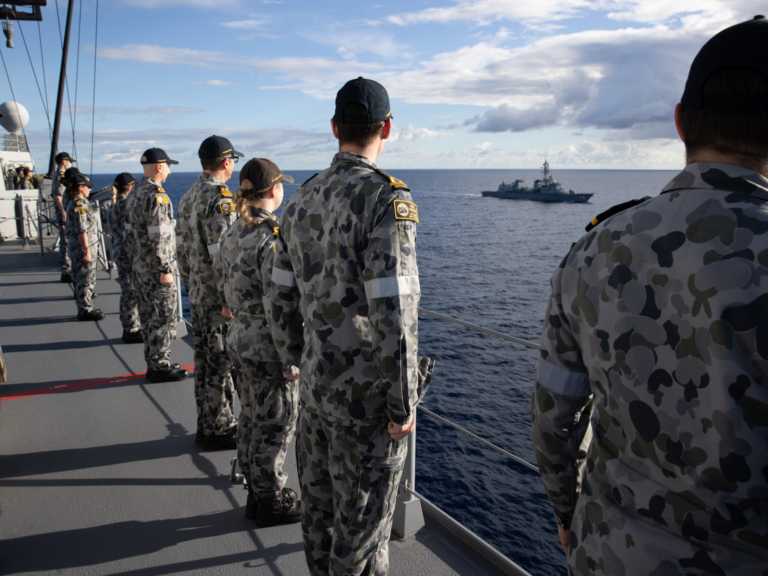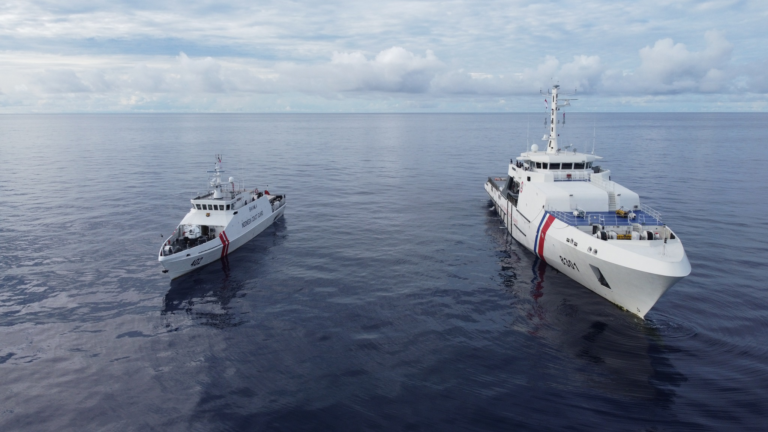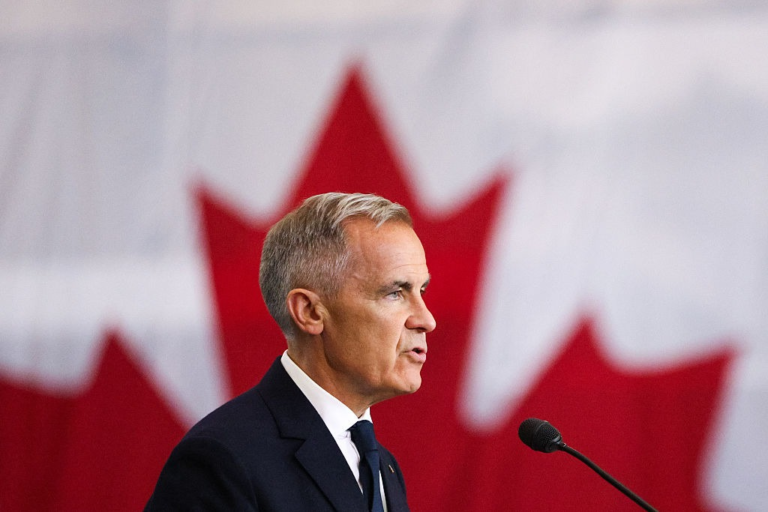
A half-century after achieving independence, Papua New Guinea (PNG) has established itself as a vital partner in upholding Indo-Pacific security and stability. From its historic co-hosting of exercise Talisman Sabre 2025 to its defense pacts with Australia and the United States, the nation of 10 million people is embedded in regional defense initiatives.
China’s growing ambitions and increasing naval activity in the South Pacific have heightened geopolitical tensions, spurring deeper engagement among Allies and Partners, analysts say.
“Papua New Guinea holds vast territories and strategic assets — including extensive maritime zones — that are crucial in this broader competition,” Mihai Sora, director of the Pacific Islands Program at the Lowy Institute think tank in Australia, wrote in May 2025.
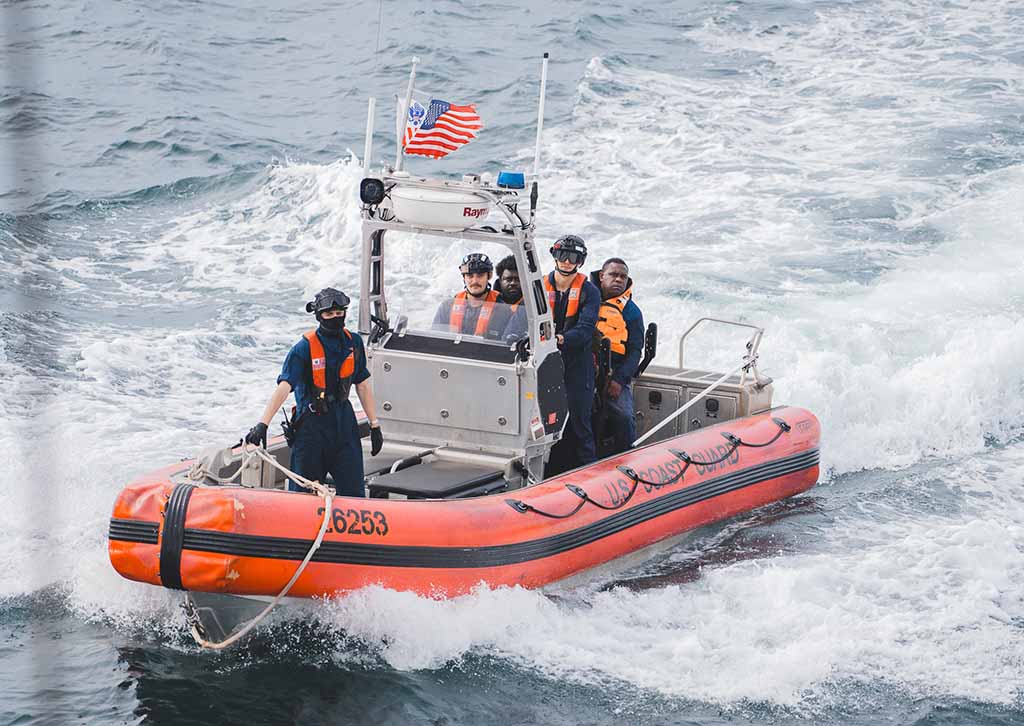
After World War II, the former United Kingdom protectorate of Papua and the former German colony of New Guinea came under Australian administration as a single territory, PNG, which occupies the eastern half of the island of New Guinea. PNG became self-governing in late 1973 and achieved independence September 16, 1975. The Australian government has supported PNG’s sovereignty and independence, viewing it as a crucial partner and a matter of national interest.
“Fifty years ago, our founding fathers laid the foundation of this sovereign nation with a bold vision — that Papua New Guinea, though culturally diverse, would stand united, independent, and blessed,” PNG Prime Minister James Marape stated ahead of the anniversary.
Planned events included PNG Defence Week in early September featuring a naval ship parade and a military tattoo, according to the U.S. Embassy. Among the participating vessels was the Indian Navy corvette INS Kadmatt, which arrived in PNG’s capital, Port Moresby, in late August. The goodwill visit symbolizes New Delhi’s “commitment to strengthening its engagement with Pacific Island nations … and promoting peace, stability, and inclusive growth in the Indo-Pacific region,” India’s Press Information Bureau reported.
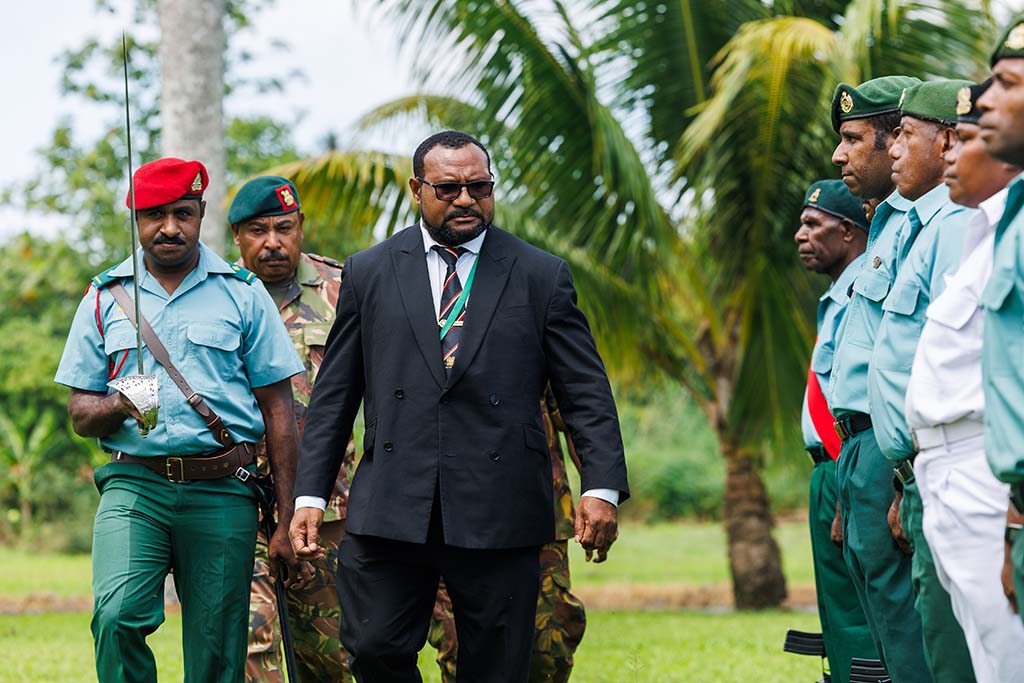
FORUM, which also is celebrating its 50th anniversary in 2025, has chronicled PNG’s growing stature in regional defense and security partnerships, including:
- In mid-2025, PNG hosted air, land and maritime training involving Australian, PNG and U.S. personnel during Talisman Sabre. The drills were the first conducted outside Australia as part of the biennial Australia-U.S. exercise, which included more than 40,000 troops from 19 nations. PNG also hosted a closing ceremony in Lae.
- Also in 2025, Australia and PNG agreed to deepen engagement and enhance interoperability under a proposed defense treaty that would allow each nation’s troops to serve in the other’s forces. The neighbors, which are separated by 150 kilometers of the Torres Strait, conduct regular exercises such as Olgeta Warrior and Puk Puk, and Australia has provided PNG with assets including light transport aircraft and funded upgrades of a PNG naval base and other military infrastructure. In a historic move, a PNG Defence Force (PNGDF) officer was appointed deputy commander of the Australian Army’s 3rd Brigade in 2024.
- In 2023, PNG and the U.S. signed a defense cooperation agreement to enhance PNGDF capacities and disaster response capabilities, and facilitate bilateral engagements such as the annual Tamiok Strike exercise. The nations also bolstered joint initiatives to counter maritime threats such as illegal, unreported and unregulated fishing, drug trafficking, migrant smuggling, and illicit transport of weapons of mass destruction.
- Port Moresby and Washington also are partnering to remove unexploded ordnance, land mines and other remnants of war from the island, the site of some of the Pacific theater’s fiercest battles during World War II. The U.S. has provided such assistance to PNG since 2009, including a recent humanitarian mine action training program for PNGDF personnel, according to the U.S. Embassy.
- Under the nations’ maritime law enforcement agreement, PNG customs and fisheries agencies and the U.S. Coast Guard cooperate on patrols to protect PNG’s exclusive economic zone, which encompasses more than 2.4 million square kilometers.
Meanwhile, PNG is bolstering its defense modernization under a 20-year blueprint unveiled in early 2025, including: establishing a joint Air Wing to support law enforcement and defense operations, and disaster response; and investing in training and equipment to create a professional force comprising three land battalions and up to 7,000 personnel.
“We must rebuild our Defence Force to be among the best in the region,” Marape said. “A strong, well-equipped military is vital to protecting our sovereignty and ensuring national security in an increasingly complex world.”



